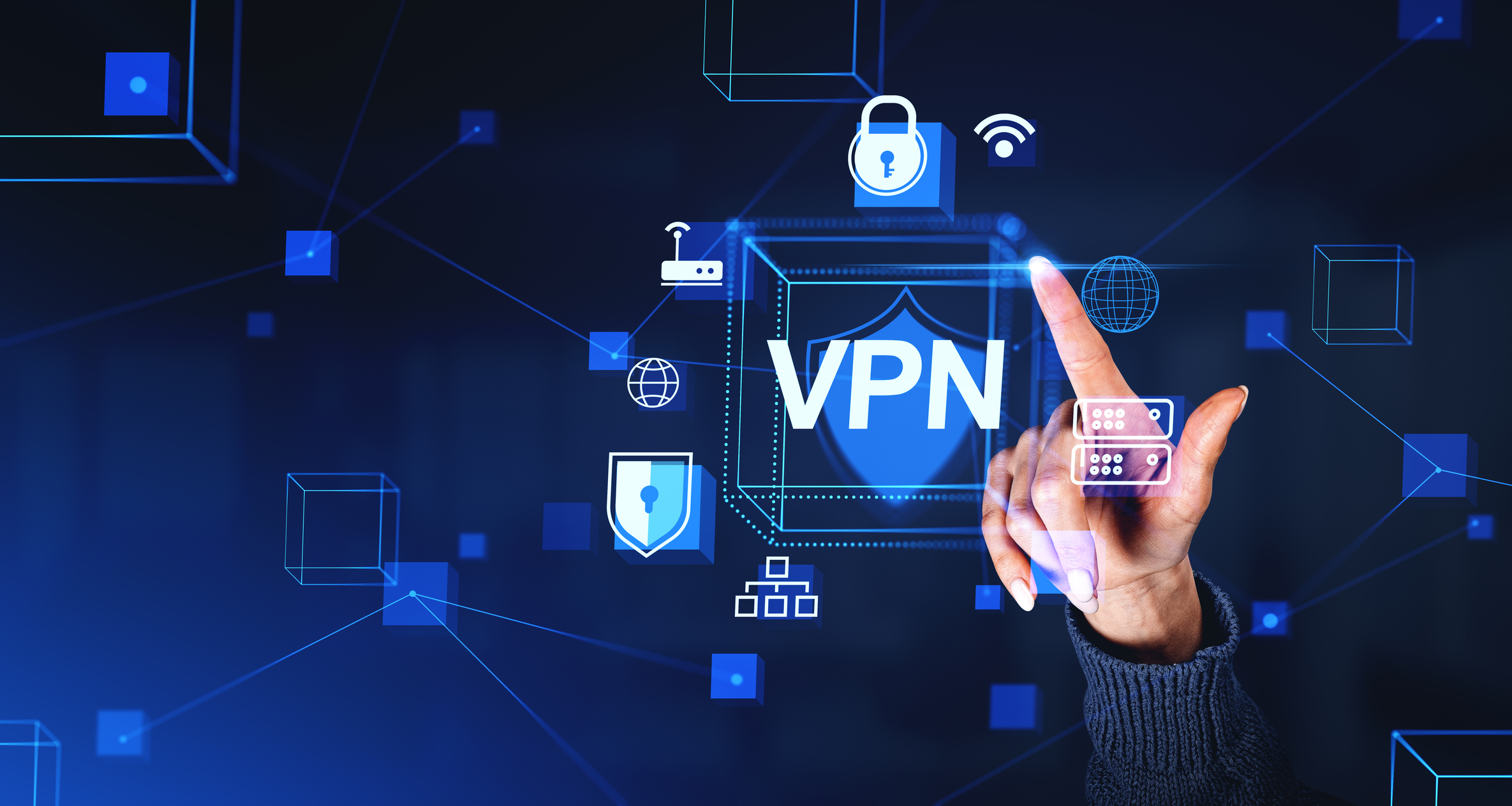In today’s interconnected world, safeguarding our online privacy and security is paramount. Yet, with the proliferation of open Wi-Fi networks and the potential for data breaches, protecting sensitive information has become increasingly challenging. It is where Virtual Private Networks, or VPNs, play a crucial role. By establishing encrypted and secure connections, VPNs protect against prying eyes and malicious actors, ensuring your data remains private and secure. Furthermore, this guide will delve into the fundamentals of VPN technology, exploring how it works, why it’s essential for online protection, and who can benefit from it. Join us as we uncover VPNs’ vital role in safeguarding your online presence and empowering you with greater control over your digital security.

What is a VPN?
In simplest terms, a Virtual Private Network (VPN) helps create an encrypted and secure connection. Think of it like a tunnel connecting your computer with a server functioned by the VPN service. Even though you are linked to a VPN, your network traffic will pass through this secure tunnel. No one (even your ISP) can see the traffic until it leaves the VPN server and arrives at the public internet. However, if you connect only to websites secured with HTTPS, the data will remain encoded even after it has left the VPN.
VPNs Protect You Online
Are you comfortable allowing your data to travel through Wi-Fi? Have you stopped worrying about data safety or that someone else could be looking at it? You’re not alone. You are, beyond any doubt, in the majority. This nonchalant attitude signifies a considerable security and privacy problem.
While convenient and commonplace, open and public Wi-Fi networks are also hotspots for attackers seeking to exploit your personal information, it’s crucial to start considering the security of your data, especially when your ISP is allowed to retain your browsing history.
This is where the Virtual Private Network comes in. With their simple software, these online services are designed to safeguard your internet connection. They empower you with better control over your online presence. Furthermore, even if you’re new to VPN services, you can easily recognize their value and start using them as powerful tools for your online security.

Who Requires a VPN?
The protection delivered by a VPN provides its users with many advantages. Primarily, it stops anyone found on the same (or anywhere else) network from an access point for interrupting your web traffic. This is particularly handy for tourists and those who use public Wi-Fi systems. However, VPNs also cover your computer’s authentic IP address, making it more challenging for advertisers (or hackers) to track you online.
Numerous VPN services also offer their private DNS resolution system. DNS is like a phone book, which converts a text-based URL to a numeric IP address for computers to understand. Savvy intruders and impostors can observe DNS requests. Moreover, they can track your activities and movements online. Moreover, materialistic attackers can use DNS poisoning that will direct you to false and fake phishing pages specifically intended to steal your data. If you are using a VPN’s DNS system, it will be an additional layer of protection.
While VPNs are a sensible security measure for everyone, they are vital for specific individuals. Activists and journalists, for instance, rely on VPN services to evade government censorship. Furthermore, this enables them to communicate safely and freely, underscoring the critical importance of online privacy and security.

Conclusion
In today’s digital landscape, where threats to online privacy and security abound, Virtual Private Networks (VPNs) are indispensable tools for safeguarding sensitive information. VPNs create a protective barrier against cyber threats by encrypting and securing connections, ensuring that data remains private and secure, even on open Wi-Fi networks. As we’ve explored the fundamentals of VPN technology and its crucial role in online protection, it’s evident that VPNs empower users with greater control over their digital security.
Whether you’re a frequent traveler, a privacy-conscious individual, or someone navigating the complexities of internet censorship, VPNs offer a reliable solution for fortifying your online presence. Furthermore, as we navigate the intricacies of the digital age, let VPNs serve as our trusted allies in preserving the integrity of our online interactions and upholding the fundamental right to privacy.
 About Complete Controller® – America’s Bookkeeping Experts Complete Controller is the Nation’s Leader in virtual bookkeeping, providing service to businesses and households alike. Utilizing Complete Controller’s technology, clients gain access to a cloud platform where their QuickBooks™️ file, critical financial documents, and back-office tools are hosted in an efficient SSO environment. Complete Controller’s team of certified US-based accounting professionals provide bookkeeping, record storage, performance reporting, and controller services including training, cash-flow management, budgeting and forecasting, process and controls advisement, and bill-pay. With flat-rate service plans, Complete Controller is the most cost-effective expert accounting solution for business, family-office, trusts, and households of any size or complexity.
About Complete Controller® – America’s Bookkeeping Experts Complete Controller is the Nation’s Leader in virtual bookkeeping, providing service to businesses and households alike. Utilizing Complete Controller’s technology, clients gain access to a cloud platform where their QuickBooks™️ file, critical financial documents, and back-office tools are hosted in an efficient SSO environment. Complete Controller’s team of certified US-based accounting professionals provide bookkeeping, record storage, performance reporting, and controller services including training, cash-flow management, budgeting and forecasting, process and controls advisement, and bill-pay. With flat-rate service plans, Complete Controller is the most cost-effective expert accounting solution for business, family-office, trusts, and households of any size or complexity.



